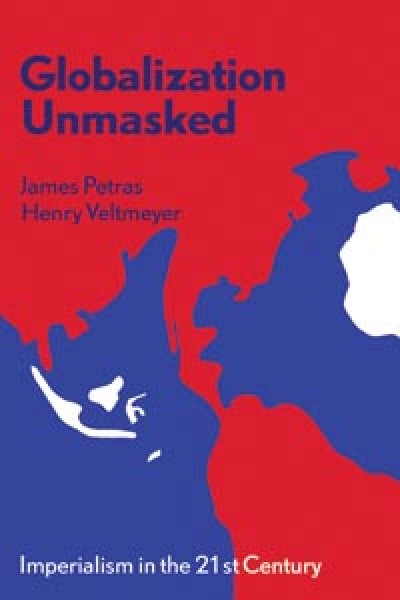James Petras
James Petras is Professor Emeritus of Sociology at the State University of New York. He is the author of more than 62 books published in 29 languages, and over 600 articles in professional journals, including the American Sociological Review, British Journal of Sociology, Social Research, and Journal of Peasant Studies. He has published over 2000 articles in nonprofessional journals such as the New York Times, the Guardian, the Nation, Christian Science Monitor, Foreign Policy, New Left Review, Partisan Review, TempsModerne, Le Monde Diplomatique, and his commentary is widely carried on the internet. He has a long history of commitment to social justice, working in particular with the Brazilian Landless Workers Movement for 11 years. In 1973-76 he was a member of the Bertrand Russell Tribunal on Repression in Latin America. He writes a monthly column for the Mexican newspaper, La Jornada, and previously, for the Spanish daily, El Mundo. He received his B.A. from Boston University and Ph.D. from the University of California at Berkeley.
Books by James Petras
The Power of Israel in the United States
by James PetrasEmpire with Imperialism
by Mauro Casadio, James Petras, Luciano Vasapollo, & more…System In Crisis
by James Petras and Henry VeltmeyerGlobalization Unmasked
by James Petras and Henry Veltmeyer





